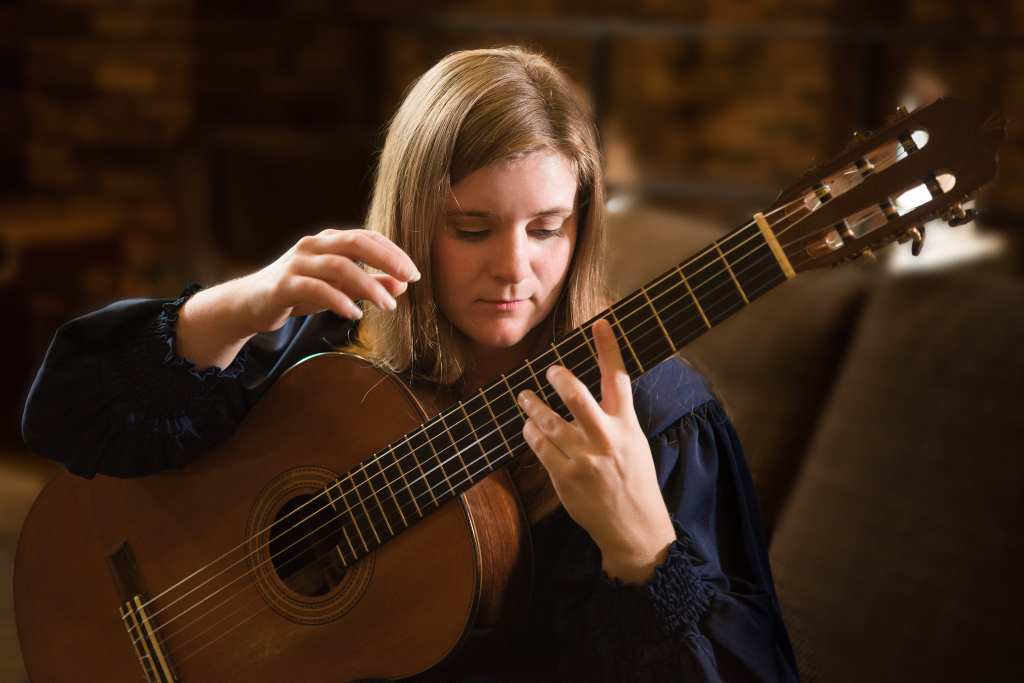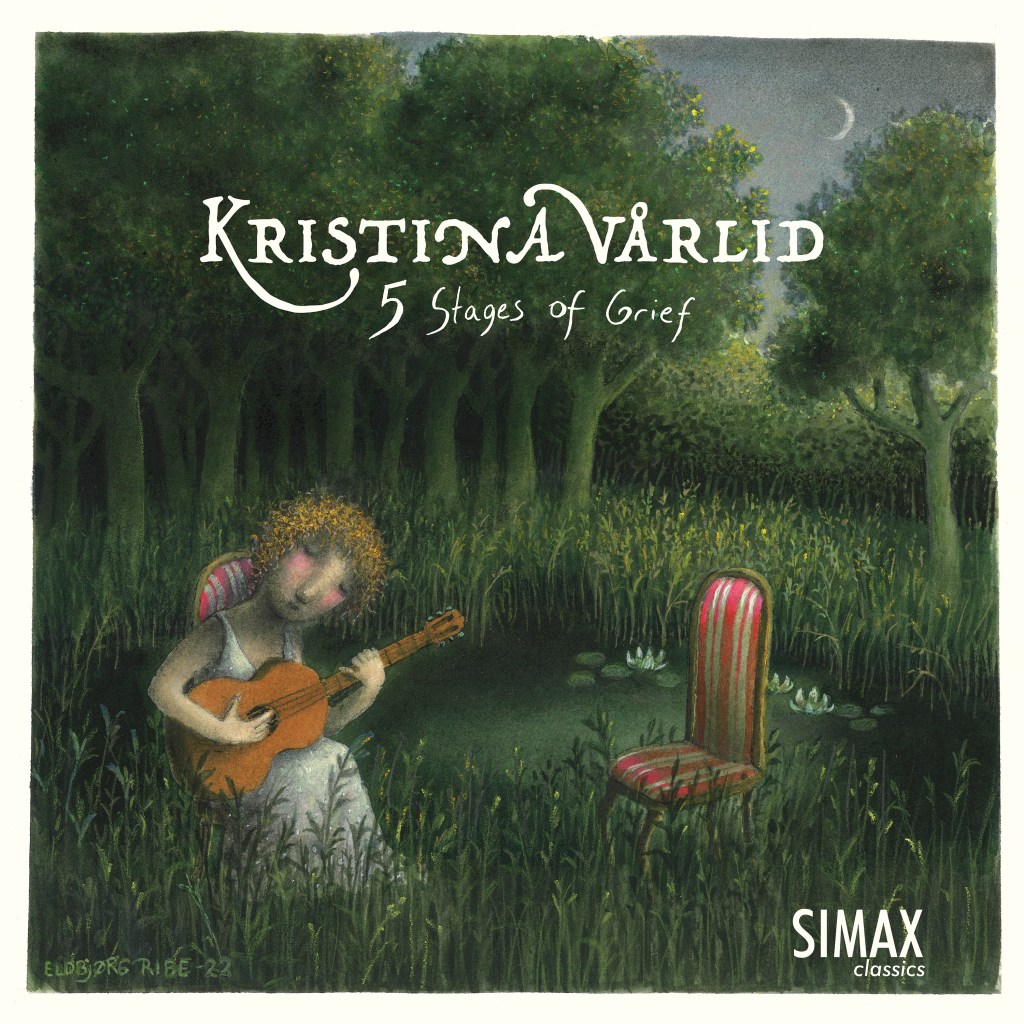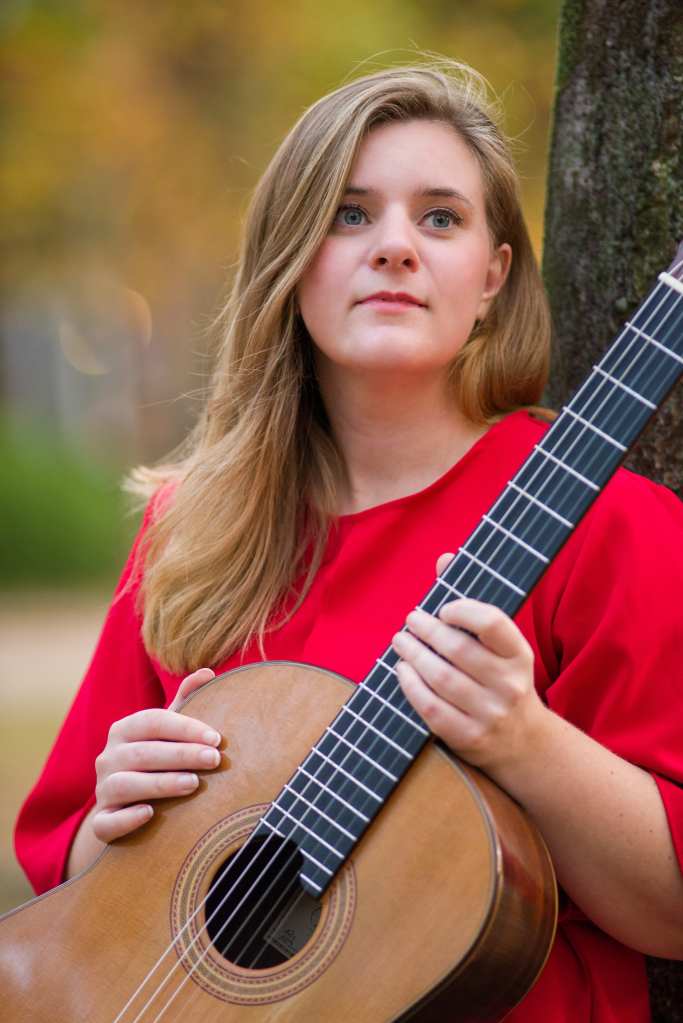Over the years, I’ve interviewed some of the finest players on the planet. It’s an honor to give them a forum to share their philosophies and experience so freely with our readers. I tried to compile a bit of advice from many of these interviews in the post below. Check out the interviews if you missed them. Rereading the interviews is always a great way to reinvigorate your inspiration. : )
How much do you practice? And, do you structure your practice in any particular way?
I rarely practice more than 1.5 hours a day. I believe that when a guitarist has explored the instrument enough to understand its anatomy and the relation between body-fingers-guitar, namely developed a good technique, he should not over practice. In fact, over practicing can harm one’s development and eliminate the joy of making music. Music is a mirror of the soul of the artist, and should express feelings. If someone sits down to practice between four walls, eight hours a day, he can’t have much of a life outside of that room. If there’s not much living, there’s not much to express.
Also, I rather spend quality time with my guitar and give every note I play full attention and love. If I do that 8 hours a day, I don’t think I could focus my mind the same way. We as performers, have to educate our mind and fingers to always execute with full commitment, so that in a concert situation, we will feel just like any other day. If someone is used to practice without full attention, he should not expect a miracle to happen come concert day.
One of the worst ways to practice is in front of a TV!! My students know that it is absolutely forbidden. Practicing without focus will make you play concerts out of focus.
It is important for me to clarify that as a kid and as a music student, I used to work much more every day. I wanted to play cleaner, faster and just to push myself. However, as I grew older, I realized, I could never be the cleanest player on earth, nor the fastest… but what I could do the best, is be myself. Bring out my expression which is unique to me, the best I can. This concept lowers your stress levels and allows you to be a happier person and actually a better artist.
I do however spend much time with the score (no guitar at hands). This helps me to understand the music better and to develop an interpretation. It also definitely increases a musical fantasy. I think that in general, we guitarists, are too preoccupied with the fingers, and too less with the mind. The music comes from the mind and not from the fingers.
I also spend much time thinking of the music and visualizing my repertoire, while on trips, a flight, a train, and also before falling asleep.
Do I structure my practice? I used to do it as a student. Actually writing a diary, and write down times that are devoted to any material I was working on at the time, for example: warm up, scales, arpeggios, and individual phrases that I had trouble with.
Today I can tell you with all honesty, I haven’t practiced anything like scales or arpeggios for more than 10 years. I rather devote my time to the interpretation. I sit down with the score, read it once or twice, thinking on how I would like to play it, visualizing it in my head, and then I take the guitar and try find ways to execute ideas. That procedure really saves time, and make you more confident in your interpretation.
Do you deliberately memorize music or have a technique that helps assimilate music into memory?
Basically there are three main ways to memorize music. Fingers (muscle memory), inner hearing (hear the music in your head) and photographic memory. I try to devote time to each, and each of them is kind of a back up plan for the other. If you work on all of them, you are basically covered.
Do you have a favorite drill or set of exercises you use to warm up?
I mainly use passagework from approaching deadlines, that works great to develop your technique over time. The more puzzles you put in front of your hands and brain, the better.
What repertoire do you consider essential for young/conservatory students to assimilate? Why?
19th century stuff, especially Sor. He was the best musician we know of in that century that played guitar, except maybe Regondi, and he wrote almost entirely in parts/voices. His music is solvent, and it really isn’t all that “idiomatic” in terms of ease. So it prepares you for everything else written by a proper composer, except ornate Baroque transcriptions, or modern/dissonant textures. But when I hear guitarists joke about “easy Sor studies” it makes me laugh. Most guitarists play Sor very poorly, because you have to play his music with your ears, not your fingers. Your fingers have to follow.
Do you deliberately memorize music or have a technique that helps assimilate music into memory?
I always easily learned music by heart in an unthinking/unaware way. But maybe this helps: I practice also a lot without the guitar. Read the score and write your fingerings without guitar, take a paper and write down the score by heart, … Are you able to play only the right hand and imagine all the rest? If not, you probably don’t know what the right hand is doing. You should always use (and practice) all the memories: visual, auditory, procedural/motor, … On stage, you can’t rely only on muscle memory.
Do you have a favorite drill you use to warm up?
Yes: sight read “easy” music. I like to take a book with low level studies by Sor, Carcassi, Giuliani, … and just sight read pieces. It is fun, sometimes you discover a more unknown Etude that is actually nice music for a student, or yourself. And after 40 minutes you are completely warmed up.
But before concerts I do a short, maximum 30-minute round of technique exercises. It is a summary of coordination – scales.
Do you deliberately memorize music or have a technique that helps assimilate music into memory?
1.Practice slowly 2. Practice slowly 3. Practice slowly.
What repertoire do you consider essential for young/conservatory students to assimilate? Why?
I think that every guitarist should go through the pieces that got the guitar to the place it is now. The Segovia/Williams program is our “school”. I find it somewhat strange that students play Britten or Ohana but not Asturias or Recuerdos.
WHAT SINGLE MOST IMPORTANT PIECE OF ADVICE ABOUT PRACTICING WOULD YOU OFFER TO YOUNGER PLAYERS?
I think there’s a thing going around that says you don’t need to practice a lot, just a couple of very focused hours can be better than six hours not focused. It’s true. Although I don’t see why we can’t play for six hours focused. The more you practice the better, that’s the short answer. As long as you fix problems of posture when they occur, to make sure you don’t hurt yourself, go and practice all day. It becomes second nature. There’s no short cut.
Do you have a favorite drill or set of exercises you use to warm up?
I like to sight-read new music to warm up. I also like to play very slowly at first.
What single most important piece of advice about practicing would you offer to younger aspiring players?
I think practicing should be fun and interesting because most of us have to do a lot of it. I try to feel like I am learning something new about the music or my technique each time I practice.
What repertoire do you consider essential for young/conservatory students to assimilate? Why?
I think students should listen to as much music as they can (as long as it doesn’t become a burdensome chore.) They should be able to recognize all the main pieces in our repertoire. Most of the music they play should be pieces that they are excited to play but I think they should also try some music that is outside of their immediate interests in order to experience the feeling of broadening one’s taste. It is also helpful to learn pieces that develop their technique.
Do you deliberately memorize music or have a technique that helps assimilate music into memory?
I have to repeat a piece a lot of times. Also I have to be able to play the piece a tempo. I have tried many things and techniques from famous musicians, but in the end I do it very instinctively. I also record myself to understand why I fail on the same spots and what has to be worked out. And it works! Also being patient and going for a walk or a good restaurant to rest the brain and give a little bit of time to absorb the piece works well.
Do you have a favorite drill you use to warm up?
Yes. Being conscious of every note I play with the right hand and so I warm up my brain. I don’t believe in warming up your hands, because you can warm up your hands also playing baseball, and anyway if you are nervous on stage it doesn’t help a lot. I believe in brain warm up. Your brain works every minute faster because you are aware of all the movements and notes you play. Paco de Lucía said “The scales are in your brain” this is something that is difficult to explain on an interview without the guitar.
How much do you practice? And, do you structure your practice in any particular way?
Something between 3 and 6 hours maximum a day. I like to sight read a bit, practice a bit of flamenco for my technique and fun and I have a list with my upcoming repertoire and I write down every time I practice it complete or in sections or difficult parts in order to have like a diary and control it. But I can be also a mess and just play for fun instead of practice but always very focused on playing as perfect as I can.
Are there aspects of guitar that you struggle with or that you find you are still working on?
Yes. Some flamenco techniques and in general the way I practice is always different because my goal is to play with the brain and completely free of effort. So I am working a lot on that right now. Controlling everything from the brain like a Macintosh computer in order to enjoy. It is a lot of work particularly for the right hand but it is showing some results which excite me already!




































